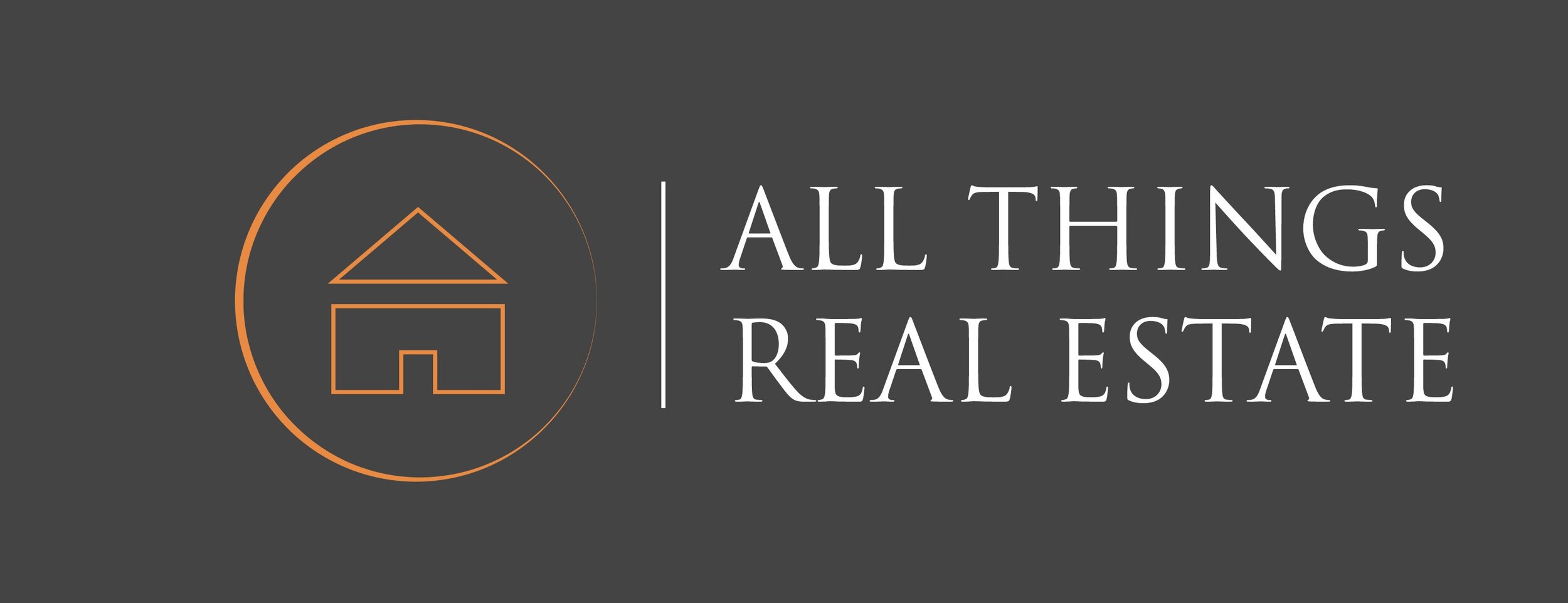What Should an Inspection Report Look Like?
Regular property inspections help you proactively identify any issues with your property before they turn into bigger costly problems. And not only can it save you money, but it keeps communication open between your tenants and either you or your property manager too. Keep reading for an overview of what routine inspection reports should look like, so you know that you have everything covered.
What’s included in a routine inspection report?
All of the things that should be checked to maintain the condition of your property plus any grievances a tenant may have need to be addressed in each inspection. By addressing problems quickly, you can save money through fixing things when they only need minor repairs, plus you and your property manager will demonstrate that you care about your tenants and want to make sure they’re happy and comfortable in the property, ideally long term.
Most property management software programs will generate a list of what should be included in a routine inspection report. It’s important to use these templates as these are created to ensure they meet the relevant tenancy regulation in your jurisdiction. Generally, the list of things to check and report on will be listed by each room. For example, following general details such as the tenant’s information, the report will delve into items to check in the kitchen, bathroom, bedrooms, living areas, and laundry. Items to check within each area may include fixtures and fittings, flooring, windowsills, windows, and walls. The kitchen will include more detail to check and report on the condition of fixtures such as the dishwasher, oven, stove, and exhaust fan.
Don’t forget photos and videos
Make sure photos and videos are taken throughout the inspection to capture any areas that require further attention and to simply record the condition of the property at that time. Many programs will allow you to attach photos and video files to the report. If you don’t have this functionality, simply saving the photos in a separate folder under the inspection date will suffice. The key is having detailed records and saving these in case you need to refer to them in the future.
Storing and building on previous reports
Once an inspection is completed, you should enter the information into your property management software as soon as possible (if you’re not entering inspection information electronically at the time of inspection). Having an accurate record at each inspection time will allow you and your property manager to monitor things that may be improving or deteriorating over time. This is particularly important for entry and exit inspections.
Inspection reports provide a valuable snapshot of your property’s condition by checking and documenting everything on a detailed list. Whether you’re using fancy technology to generate reports or you’re simply downloading and printing the correct reporting forms, maintaining a regular schedule of inspections will keep your property in top condition and your tenants happy.
Remember, this article does not constitute financial or legal advice. Please consult your professional financial and legal advisors before making any decisions for yourself.
